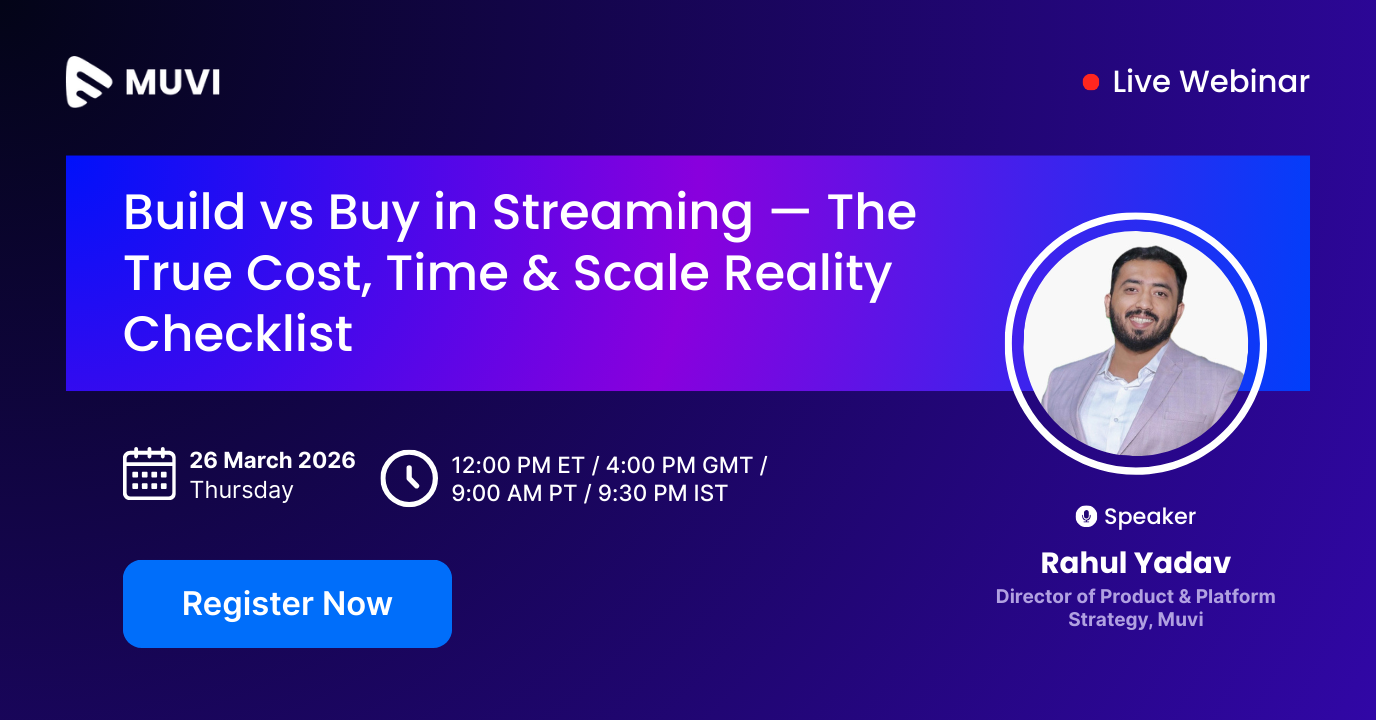Android SDK
Google offers a full suite of tools, libraries, and resources called the Android Software Development Kit (SDK) that let programmers make apps for the Android operating system. Code libraries, development tools, debugging tools, and emulators for testing Android apps are among its necessary components.
How It Works:
The Android SDK gives developers access to APIs (Application Programming Interfaces) that allow them to work with the hardware, device functions, and Android system features. It functions in tandem with programming environments like Google’s official Android development environment, Android Studio.
The SDK contains a range of libraries and tools for activities like:
(i)Constructing user interfaces
(ii)Managing rights and data storage
(iii)Accessing device hardware like cameras, sensors, and GPS
(iv)Controlling notifications and background services
(v)Developers download specific SDK versions based on the Android platform they wish to target, ensuring compatibility with various Android devices and OS versions.
Key Components:
(i)Android Emulator: This tool simulates Android devices so that programs may be tested on various OS versions and screen sizes.
(ii)ADB (Android Debug Bridge): A command-line utility for managing devices, installing apps, and debugging.
(iii)SDK Manager: Oversees platform tools, updates, and SDK packages.
(iv)API Libraries: Offers APIs for developing Android features like as multimedia support, location services, and user interface elements.
Use Cases:
The Android SDK is essential for:
(i)Constructing native Android apps
(ii)Creating applications for wearable technology, smart TVs, tablets, and smartphones
(iii)Apps are tested on virtual Android smartphones.
(iv)Including third-party services and APIs in Android applications
Latest Case Studies
Upcoming Webinar

Build vs Buy in Streaming — The True Cost, Time & Scale Reality Checklist
‘Building a streaming platform from scratch gives more control’ is a myth. In reality ‘build’ entails engineering, infrastructure, maintenance, compliance, upgrades, scaling, etc with additional cost barriers and time restraints.
This webinar breaks down the real-world cost, time, and scalability implications of building vs buying a streaming platform, using a practical checklist approach.
The session will help businesses cut through common myths around custom development and understand why many modern streaming businesses choose SaaS platforms like Muvi One to launch faster, reduce risk, and scale globally—without hiring large tech teams.
Things the webinar would cover:
- What “building” a streaming platform actually involves today (engineering, infrastructure, maintenance, compliance, upgrades, scaling).
- The true cost of build vs buy, including hidden and long-term operational costs.
- Time-to-market realities like how long ‘buy’ vs ‘build’ realistically takes and the business impact of delayed launches.
- Scaling challenges across devices, geographies, and monetization models.
- A decision-making checklist businesses can use to assess readiness, risk, and ROI before choosing build or buy.
- How SaaS platforms like Muvi One enable faster, lower-risk, globally scalable streaming launches.
March 26
12:00 AM PST
Can’t find what you’re looking for?
Please drop your query on the contact us form, and our OTT consultant will reach out to you shortly with answers.
Please drop your query on the contact us form, and our OTT consultant will reach out to you shortly with answers.


